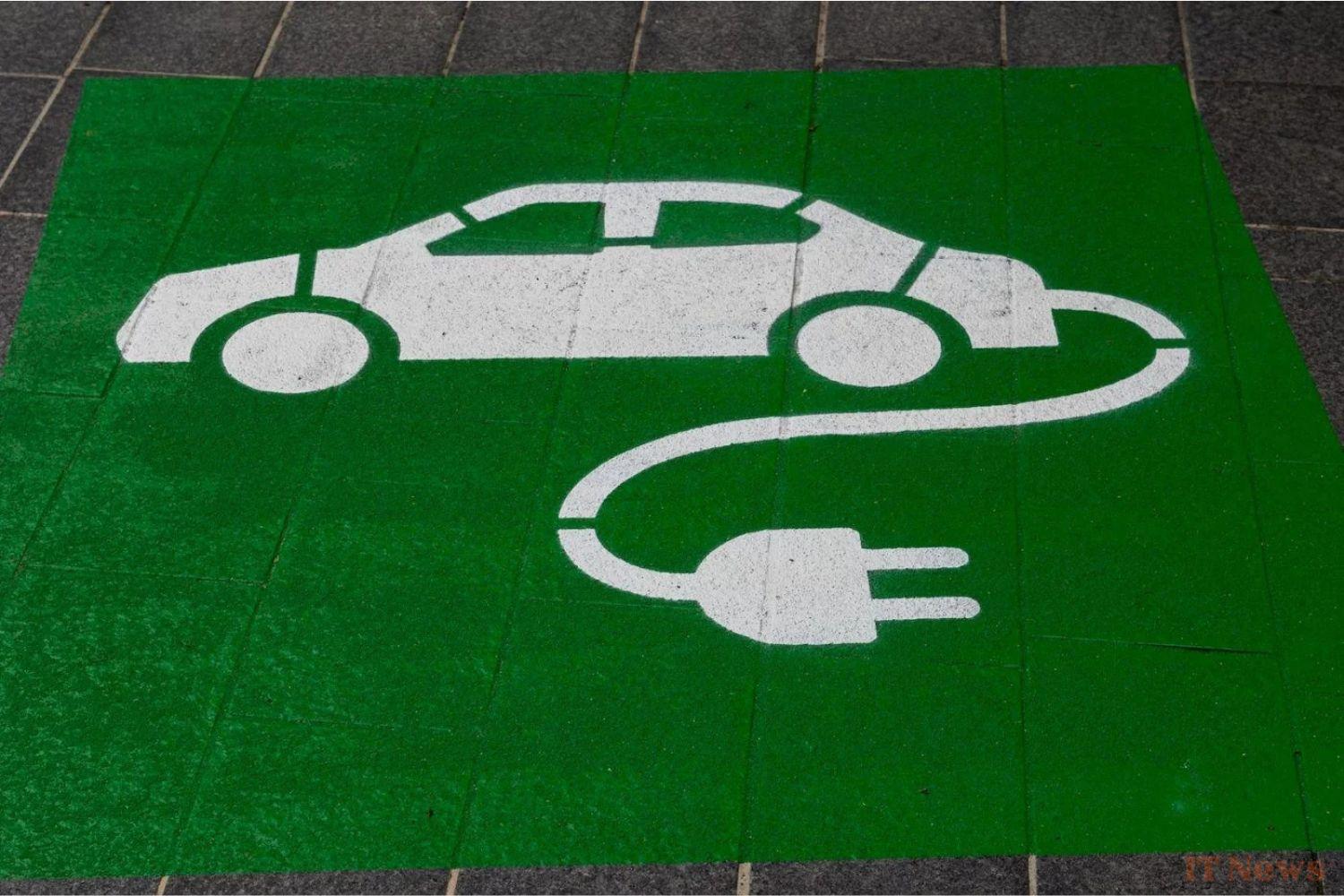From 2035, it will no longer be possible to buy new thermal cars in Europe, and therefore in France. This deadline, which comes from the European Green Deal, is a thorn in the side of European industrialists, who would like to at least push it back, or at best eliminate it. The idea is also supported by some French parliamentarians.
On the evening of Monday, February 17, deputies from the National Rally (RN), the Republican Right (DR) and Ensemble pour la République (EPR) took advantage of the examination of a bill to have amendments adopted with the same objective: to remove any reference to 2035. The removal, reported by AFP, was voted on by 34 deputies, against 30 who opposed it, against the advice of the government and in a very sparse hemicycle - a foot of purely symbolic nose in Brussels, but a snub nonetheless.
The draft law on adaptation to European Union (EU) law, called "Dadue", transposes into French law certain provisions of European directives or regulations. Among them: the fact that manufacturers will no longer be able to sell new petrol and diesel cars from 2035, five years earlier than 2040, the current objective set out in French law. The rule, which aims to reduce CO2 emissions in Europe, confirms the European Union's shift towards electric vehicles.
Whether or not it is removed, the 2035 date will still apply
But this date voted in October 2022 has put part of the political class and industrialists on their backs, who believe that the shift towards electric vehicles has not been fully taken: manufacturers are seeing sales of electric cars stagnate or even decline, while many deplore the competition deemed unfair from Chinese electric models. For Marine Le Pen (RN), who spoke on X, the measure "would be a disaster for the French automobile industry and for the purchasing power of the French."
The problem is that it is not a question here of accepting or rejecting this date of 2035: the debate has already taken place in Brussels, and the date has indeed been adopted by the European Union, what is more in a "European regulation." This type of law is directly applicable in the law of the 27 countries of the European Union. Not only does it take precedence over national law (therefore French), but it does not require any act of transposition into French law, unlike a directive. Result: deleted or not, the 2035 date will still apply, unless Brussels modifies this regulation by then, which does not seem to be envisaged by the European executive, at least for the moment.
The European Commission has indeed promised an action plan for March 5, which will help European manufacturers to pass the electrification milestone. Rather than touching the 2035 deadline, it could ease the CAFE (Corporate Average Fuel Economy) standard. This other rule of the Green Deal forces European manufacturers to gradually limit the sale of polluting cars, with hefty fines for all recalcitrants.
But everything could change in 2026, the date for which a "review clause" is planned. On this occasion, Brussels could modify the objectives set, "taking into account technological developments." On the French side, the bill, adopted by the National Assembly, is now on the benches of the Senate.



0 Comments